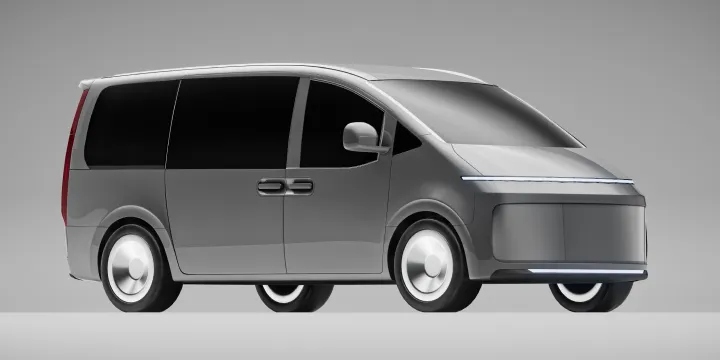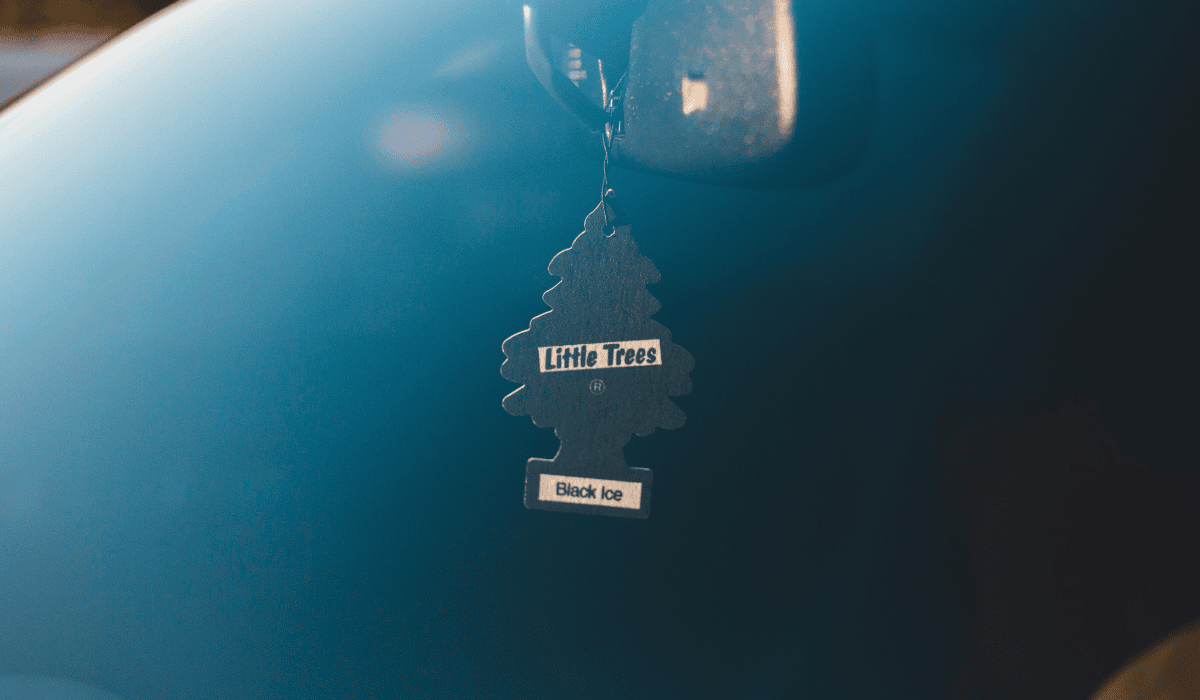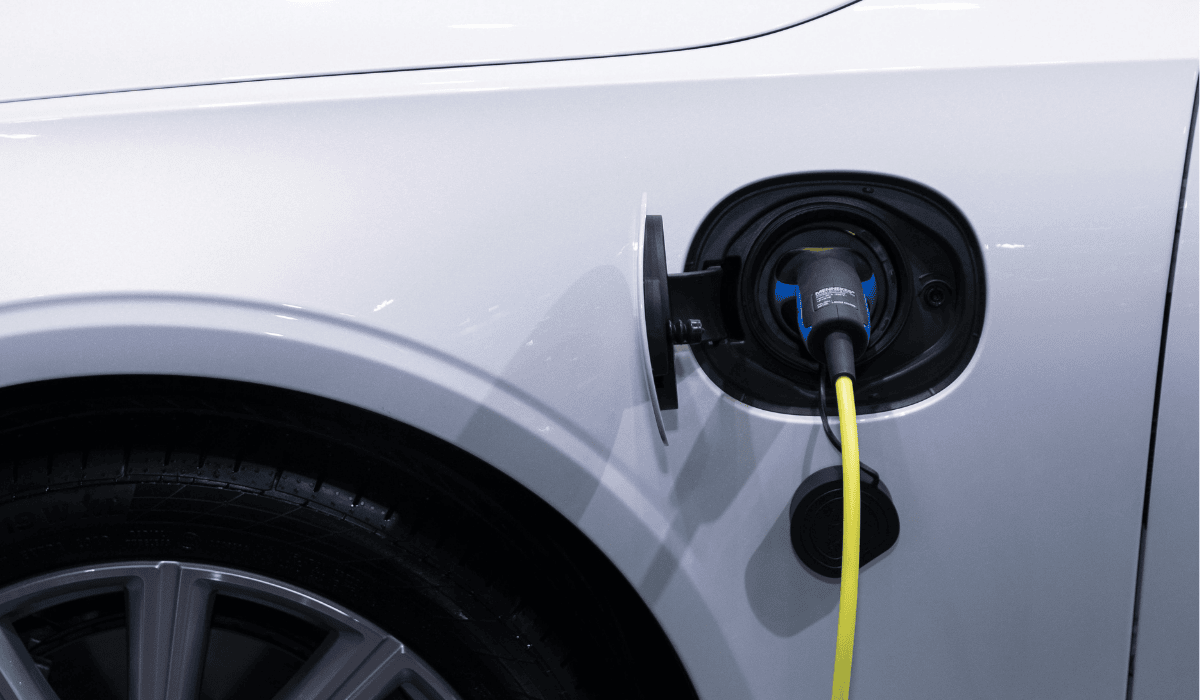Whether you're selling privately, part-exchanging with a dealer, or using an online car-buying platform, knowing what to expect can help you avoid costly mistakes. From setting the right asking price to sorting paperwork and navigating payments, the process becomes a lot smoother when you understand each step. In this guide, we break down exactly how to sell your car in the UK, safely, quickly, and for the best possible price.

Step 1: Get an Accurate Car Valuation
Start by checking how much your car is worth. Use trusted UK marketplaces such as AutoTrader or WeBuyAnyCar to research how much your car is worth on the market. Make sure you look for cars with a make, model, age, mileage, and condition as similar as the car you’re trying to sell as possible. You can also use free car valuation tools like Parkers, which essentially helps you do the same thing.
Your car is only worth as much as the market says it is, so getting multiple valuations will help you avoid underpricing or getting ripped off.
Keep in mind that if you’re going down the part-exchange route, chances are they will give you a deal which is lower than private sale prices, but it obviously comes with the convenience of not having to do any of the paperwork etc. If your car is in high demand (like a PCO-badged car), you may even be able to sell it above market average, so try your best to look for cars which have the exact same qualities as your own when researching market price.
Step 2: Gather the Right Documents
Before listing your car for sale, make sure you have all necessary documents ready:
- V5C logbook
- MOT certificate
- Service history
- Vehicle handbook
Buyers will often walk away if documentation is missing, especially for private sales. If your V5C is lost, you can request a replacement from the DVLA for £25, but this takes time, so plan ahead.
Step 3: Decide Where to Sell - Private, Dealer or Online?
Each selling route has pros and cons:
- Private sale - You’ll often get the highest price but may have to deal with time-wasters.
- Online car buying services - Fast and convenient, but often come with admin fees and lower offers - everyone has to make a profit somewhere,
- Part-exchange with a dealer - Useful if you’re buying another car, and again, just generally convenient but likely the least competitive price-wise.
Choose based on your situation, timeline and how much effort you're trying to put in to get the best price. If you have the time, selling it privately will 9/10 be the best way to get the highest offer for your car.
Step 4: Prepare Your Car for Sale
A clean, well-maintained car sells faster and for more money. Give your car a thorough wash and vacuum, polish the paintwork, and clean the wheels. If your tires are low or a light is on the dash, it’s worth sorting these minor issues to increase value.
Consider getting a professional valet and fixing cheap, cosmetic repairs like scuffed bumpers or broken trim. For cars over £5,000, this small investment can significantly boost buyer confidence and resale price.
Step 5: Create a Great Listing
If you’re selling privately or online, your listing is everything. Make sure to:
- Take clear, well-lit photos of the car from all angles
- Include photos of the interior, dashboard (showing mileage), and boot
- Write an honest description highlighting the car’s features and condition
- Mention MOT status, service history, ownership, and any extras (e.g. Apple CarPlay, heated seats)
Use relevant keywords like “PCO-Badge”, “low mileage”, or “full service history” to improve your listing’s visibility in searches. People search for these things - trust us, we look for cars for our clients.
More is definitely better in this situation - it saves you time from dealing with buyers who might not like aspects of your car, but only come to realise it once they see your car in person. Having everything on the table is definitely the move.
Step 6: How to Handle Payment Safely
Never hand over the keys until you’ve been paid. For private sales, bank transfer is the safest method - cash is risky. Confirm the funds have cleared before releasing the vehicle. Avoid cheques at all costs, and don’t let anyone convince you to hand over the keys first, it’s standard practice across all sales for payment to be made first - at Ayan we make payment first.
If you’re using an online car-buying platform, check for any hidden fees and make sure they issue proof of sale or receipt. Always meet buyers in well-lit, public areas, and we’d actually recommend in most cases to take someone with you. Be safe out there!

Step 7: Notify the DVLA After Selling
Once the car is sold, you must inform the DVLA immediately. You can do this online on the dedicated gov.uk page. You’ll need the buyer’s name and postcode, and the V5C logbook reference number.
You’ll automatically receive a tax refund for any remaining months, and the buyer will be prompted to tax the car themselves. You can read more about car tax on our previous blog.
Make sure the "new keeper" section of the V5C is filled in, and never leave this responsibility to the buyer.
Conclusion
Selling your car doesn’t have to be a hassle. With a bit of planning, clear documentation, and smart listing strategies, you can get the best price and avoid stress. Whether you’re offloading an old runaround or upgrading to a new hybrid, following these steps ensures a safe and profitable sale.
If you’re replacing your current vehicle and need help with Shariah-compliant finance for your next car, Ayan Capital can help. Get in touch today for expert advice tailored to your needs.








.svg)












